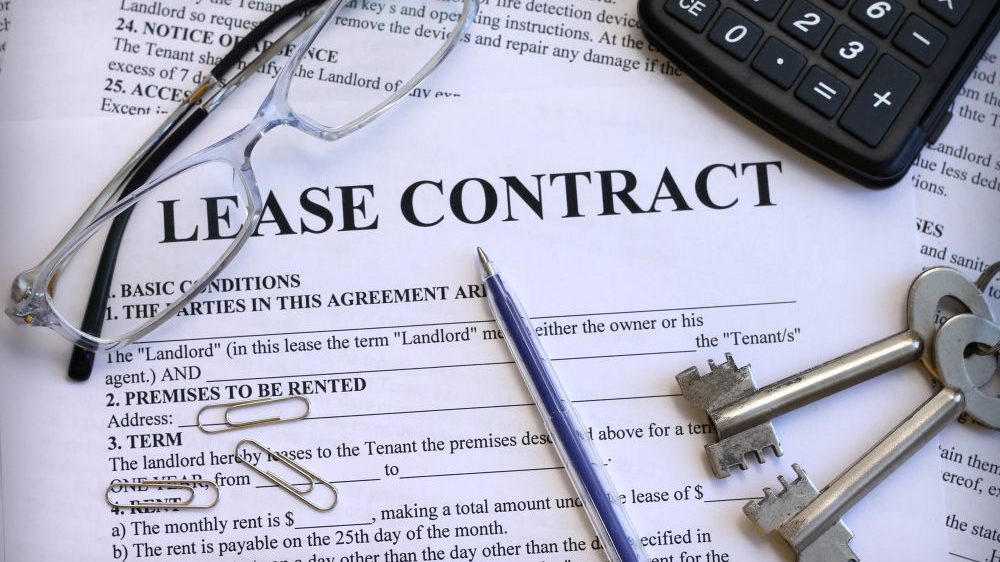
If you’re buying rental property with existing tenants, whether they occupy the entire space or only a basement or garage apartment, you are probably focused on the property’s income-generating potential. But you’re also taking on important legal obligations. Here’s what you need to know before you buy.
The lease abides
The most important thing to remember if you are buying rental property with an existing tenant is that the lease between the tenant and the person selling the property remains in force even after you become the owner.
This means that for the tenant, nothing practical changes. The tenant owes the same rent and has the same obligations for care in the use of the property he occupies. As the new landlord, you will have the same obligations for safe upkeep, maintenance and accessibility for the tenant as the previous owner did. You are also bound by the laws of the relevant state to uphold tenants’ rights.
You may be buying a rental house you intend to occupy yourself. Nonetheless, you cannot evict the tenant. Instead, you must honor and work with the lease contract already in place until it reaches its end.
You as the new landlord are only required to honor the lease’s original term. The existing tenant does not have a right of renewal; the new owner cannot be forced to renew the lease. You must give the tenant, however, advance notice that you will not be renewing the lease. The length of advance notice varies by state.
Exceptions
In certain situations, you as a purchaser of rental property with existing tenants may be able to get out from under the lease. The rental contract between your home seller and his tenant may contain language allowing the owner to terminate the lease with proper notice when selling the home. Also, you may be able to negotiate with the existing tenant to terminate the lease early in exchange for financial incentives. Keep in mind that the tenant is under no obligation to accept the offer. Each of these scenarios requires that the tenant be given adequate notice — between 30 to 90 days — depending on the situation and the relevant state law.
Subject to certain federal legal limits, a new owner can break a lease if he buys the property in foreclosure. The federal Protecting Tenants at Foreclosure Act protects lessees against immediate eviction in situations where property is bought in foreclosure. The Act provides that if the property is subject to a bona fide lease, the tenant can remain until the lease ends unless the new owner wants to occupy the property. In that event, the lease can be terminated with 90-day notice. The Act also provides that tenants who are renting month to month must receive 90-day notice before they can be evicted. The Act does not apply if state or local laws provide broader protections.
Do your homework
It is important as a buyer of rental property with existing tenants that you do your due diligence before finalizing your purchase. You should seek legal counsel not only on the property sales contract but also on the lease agreement that the seller has in place. Be certain that you are willing and able to abide by the conditions of that agreement until such time as it expires or the tenant agrees to terms for early termination.
Be sure the seller provides you a well-written and executed rental agreement with the tenant. Ask for clear financial records of rent payments, expenses to maintain the property and other pertinent information. It is important to get a report on the condition of the property before the current tenant occupied it so that no dispute arises later over when any particular damage occurred. The seller also should transfer the tenant’s security deposit to you when you close on the property.
Find out about the tenant. Learn whether he has been good to work with and has upheld his obligations, especially to pay rent on time.
Finally, make sure you obtain proper homeowners insurance that covers you for damage and liability as a landlord.
Related – Should You Manage Your Rental Or Leave It to the Pros?


